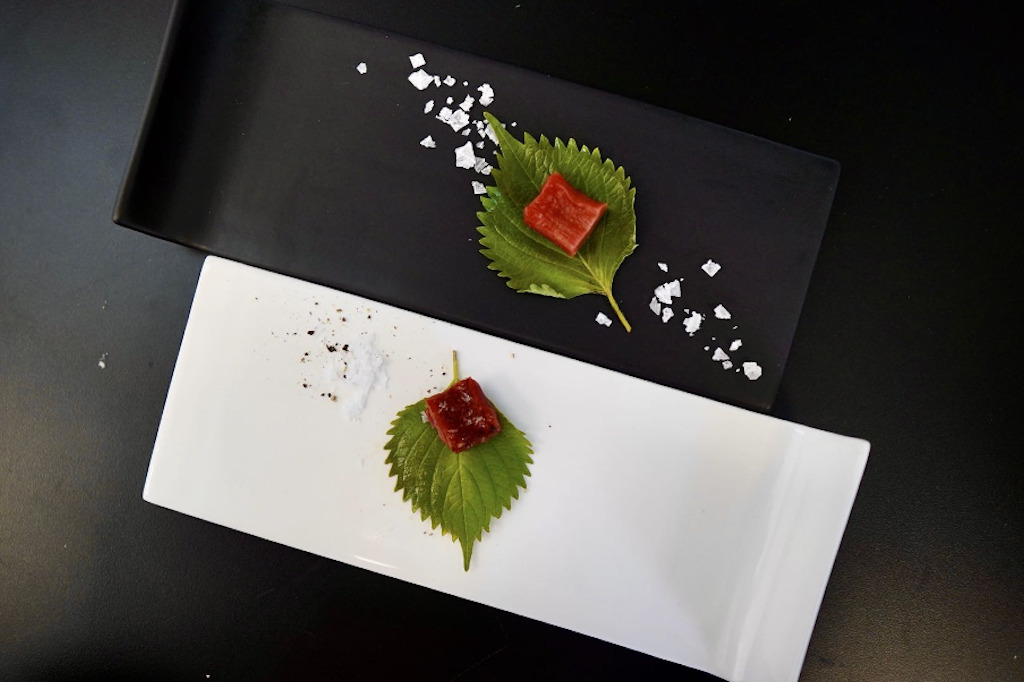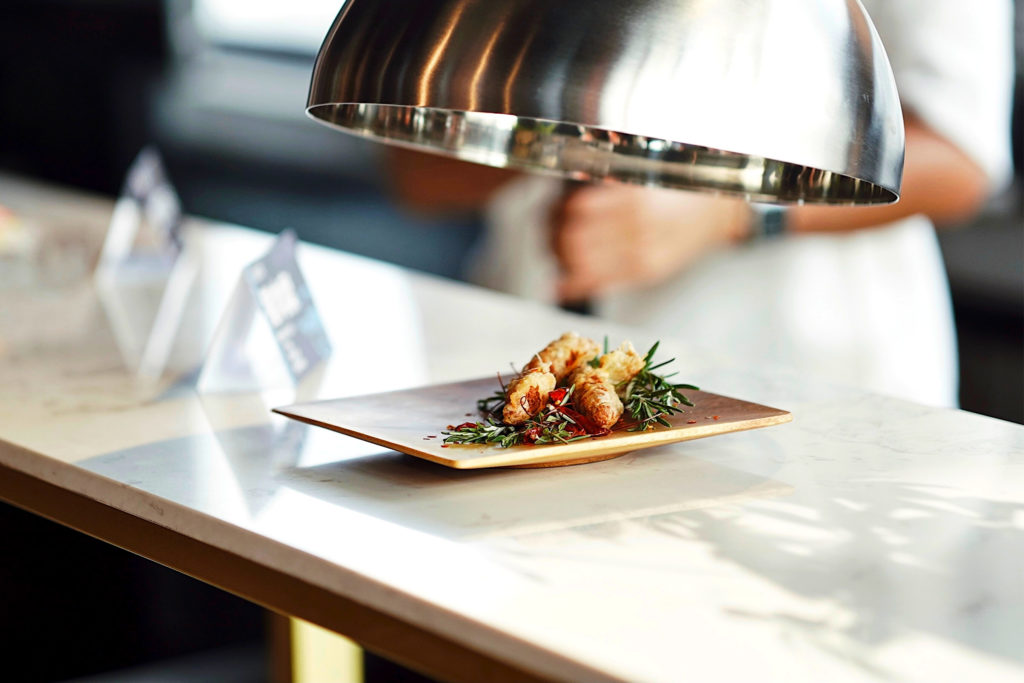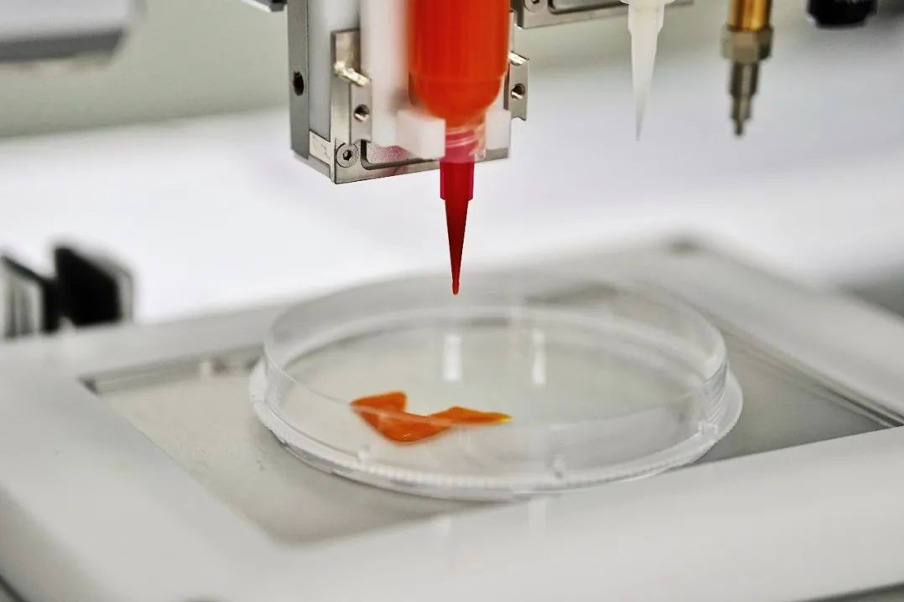4 Mins Read
Shanghai-based cellular agriculture startup CellX has secured a $10.6 million Series A funding round with funding earmarked for recruitment efforts and optimizing the company’s platform technologies to achieve scale while decreasing unit costs. New backers included Joyvio Capital and SALT, amongst others, with previous investors Lever VC, Better Bite Ventures and Agronomics all joining again. The round Total investment to date now exceeds $15 million, making it the most well funded cultivated meat company in the country.
CellX, which was founded in 2020 by Ziliang Yang (CEO), Dr. Binlu Huang (Scientific Lead in Cell Line and Media Development), Dr. Ning Xiang (Scientific Lead in Product Development), and Ran Liu, is focused on creating pork, beef, and chicken using cellular agriculture. The round notably attracted participation from Joyvio Capital, which is backed by large conglomerate Joyvio Group of Legend Holdings in China and SK Group in South Korea.

“Eat meat, not animals”
CellX’s slogan comes from CEO Yang’s personal philosophy. He has observed a flexitarian eating regimen for many years and says he now wants to make it easier for fellow consumers to follow suit, without compromising on what they enjoy.
“Cellular agriculture uses next-generation technologies to create new proteins and new materials in a more sustainable way. Compared to traditional animal agriculture, cellular agriculture uses significantly fewer resources and emits less carbon,” Yang said in a statement. “Cultivated meat has by far the largest market with the most carbon reduction promises within cellular agriculture, and it is also CellX’s current focus. We started with domestic pig breeds and have quickly expanded to beef and poultry.”
Environmental benefits of cultivated meat
Data suggest cultivated meat—if produced using renewable energy sources—will see massive reductions in emissions compared to conventional meat also produced using renewable energy. In terms of global warming impacts, beef’s footprint could be slashed by up to 92 percent, with a 95 percent land use savings.
When it comes to pork production, cultivated alternatives help decrease emissions by up to 50 percent, with a 72 percent reduction in land demand. It should be noted that the conventional meat emissions figures used to generate this comparison are considered “highly ambitious” and lower than those currently reported.

Pressing ahead for progress and price parity
CellX is looking to develop multiple meat varieties. To ensure fast progress it is leveraging four technologies simultaneously: cell lines, media, bioprocess, and end product.
“A stable cell line and a low-cost culture media are critical pre-requisites to large scale production at low cost”, Scientific Lead Dr. Huang, said in a statement.
CellX says that it has made significant progress in its cell line research and media development – and managed to secure an immortalized cell line as well as a low-cost media formula.
Instead of working on mincemeat, CellX says it is mastering the taste and texture of conventional whole-cuts and believes this will be key when it comes to consumer acceptance of cultivated products.
Driving industry acceptance from another angle, CellX has been a consistent presence in relative industry groups. The company attended the first Cellular Agriculture Forum in April of this year and is contributing to the APAC Society for Cellular Agriculture.

Government support for China’s cultivated scene
Earlier this year, China’s government voiced its support for the growing cultivated sector with improved access to funding for scaling and product development identified as key by nonprofit think tank the Good Food Institute APAC. It bodes well that previous recipients of similar support include solar technology developers and electric vehicle manufacturers, both of which are now huge industries. More could still be allocated, but this is widely expected to come as consumer acceptance grows.
Lead photo by CellX.





